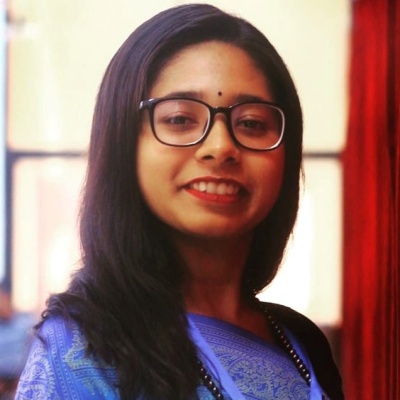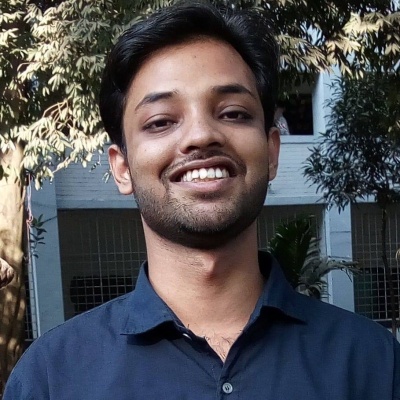Navigating timescapes and faculty life in the urban Global South: Bangladeshi faculty perspectives
- Riyad A. Shahjahan, Michigan State University
- Tasnim A. Ema, University of Dhaka
- Nisharggo Niloy, University of Dhaka
Event Materials
This event is now archived and we are pleased to provide the following event media and assets, along with the original event overview.
Time remains unexamined and undertheorized when exploring different aspects of higher education (HE). Yet, what does exist, the locus of making meaning of time (even in its heterogeneity) in the HE literature is mostly grounded in the Global North and Western contexts. Most temporal empirical studies in HE focus on working in universities in North American and/or Western European contexts. Such studies have critically probed the increasing acceleration, speed, digitalization, work load, uncertainty, and affective challenges (stress, anxiety, shame etc) with academic life (both at work and personal lives). Temporality, however, remains unexamined when exploring higher education in the Global South (a recent exception is Valenzuela and Barnett (2012)’s Chilean study). Less is known about how temporality influences academic work in rapidly developing HE systems, in South Asia, such as Bangladesh.
Our study on Bangladeshi faculty illuminates the inter-relationships between temporality, work experiences, and daily life in a Global South urban context. Drawing on interviews and participant observations with 22 faculty in Dhaka, Bangladesh, we illuminate the notion of shomoyscapes and how such timescapes manifest among our faculty respondents. We highlight three major temporal forces salient in our respondents’ shomoyscapes: a) traffic, b) university politics, and c) future of others. These temporal forces manifested in our faculty’s lives highlighting how temporality was relational, contextual, and entangled with others’ timescapes. We argue that, amid external precarity, such faculty navigate shomoyscapes encompassing mixing and matching various temporal dimensions, and evoking agency within such timescapes. We conclude with implications about the complex temporal constraints at work within an urban Global South context and a rapidly growing HE system in South Asia.
Event Materials
This event is now archived and we are pleased to provide the following event media and assets, along with the original event overview.



